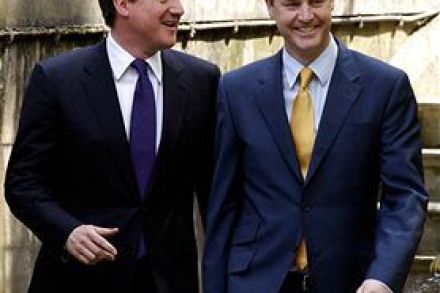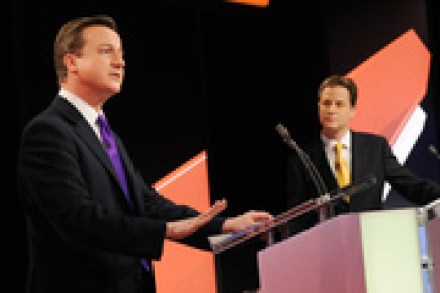Toughening up on Home Affairs
An intriguing argument from the Economist’s Bagehot this week: the government’s liberal prisons policy will force Coalition 2.0 to tack to the right on Home Affairs. ‘If the Lib Dems’ sway on these issues was foreseeable, so are its political dangers. One is Tory anger. Even some of the Conservative MPs who agree with the Lib Dems on control orders worry about their liberal line on crime. Behind the scenes, figures from both parties are coming together to plan “coalition 2.0”—a policy programme for the second half of the parliament. Among the rumoured Tory representatives are confirmed hawks such as Michael Gove, the education secretary, Owen Paterson, the Northern Ireland


















